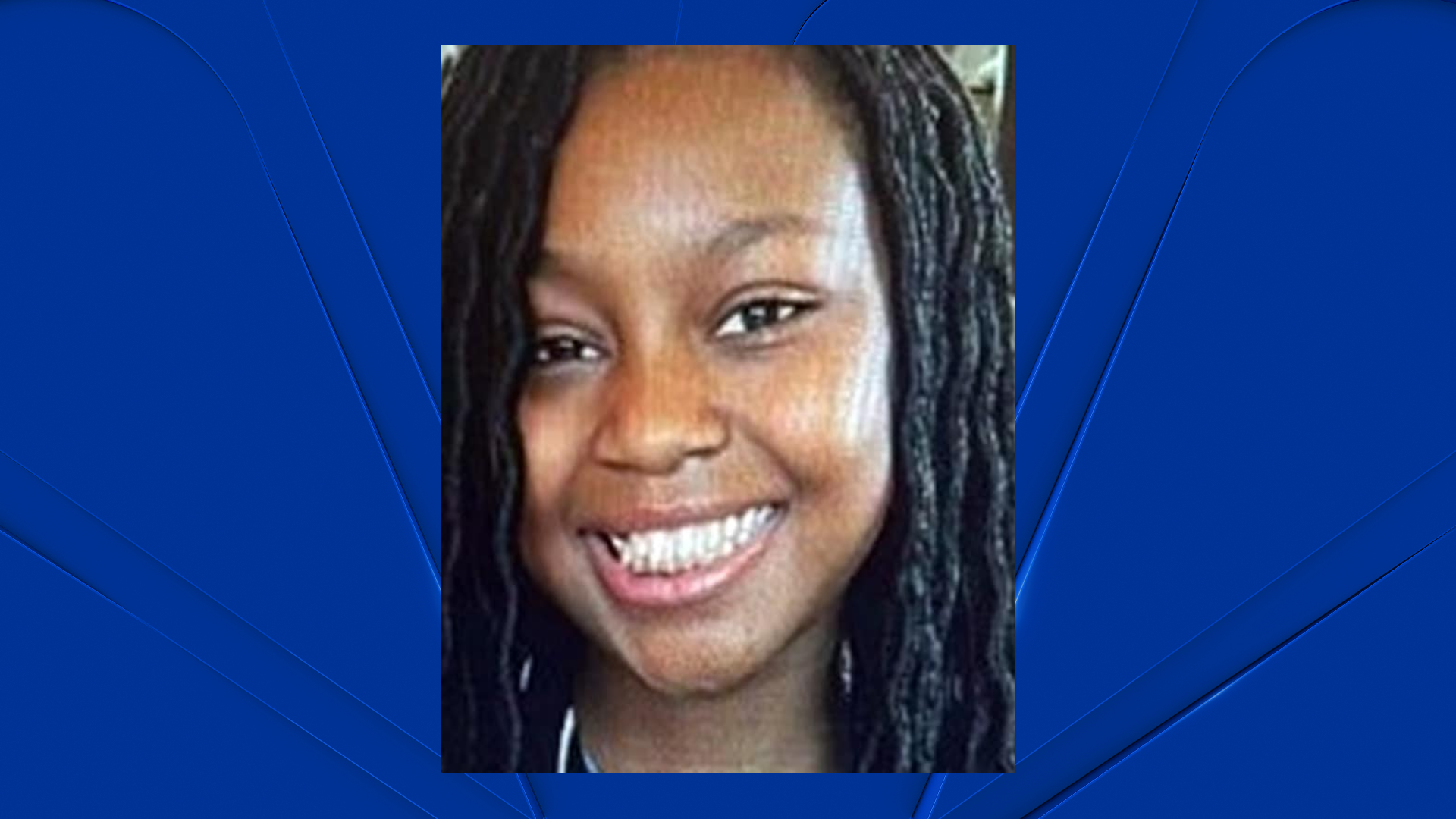The U.S. Conference of Catholic Bishops was meeting in Baltimore this week on the heels of what's been called a "summer of shame" with widespread reports of abuse at the hands of priests and questions on whether bishops looked the other way.
Just as the bishops were expected to police themselves with new, stricter guidelines, the Vatican intervened and asked them to wait - postponing reforms until March.
A complete change of plans was announced as they opened their meeting, an event drawing much attention after an extraordinary few months.
A Pennsylvania Grand Jury released a report in August detailing claims that more than 300 priests had abused 1,000 victims for more than 70 years. Allegations have also surfaced that Cardinal Theodore McCarrick had abused a minor and seminarians — dating back 50 years — leaving questions as to whether the Vatican was aware when it promoted the former Washington D.C. Cardinal.
Catholic bishops, who report only to Pope Francis, were slated to consider a new code of conduct during the meeting in Baltimore, and a commission to review whether they have followed their code.
This action was to be taken after the latest priest abuse crisis focused on bishops' behavior, despite promises of zero tolerance at a 2002 meeting in Dallas.
But Pope Francis called a meeting — bringing global leaders to Rome in February — so now the U.S. bishops will wait.
Local
"It is clear that the Holy See is taking seriously the abuse crisis in the Church, seeing it as a watershed moment not just for the church in this country but around the world, in putting so much emphasis on the February meeting," Cardinal Blase Cupich said at the conference Monday.
"I would suggest that we carry on our discussions on these documents, that we fine-tune them through our understanding, debate and the ways that amendments can be proposed. And that instead of taking a binding vote as an action item, we take a resolution ballot so that we can communicate to you as you go to that meeting representing us, where we stand and what we need to say in that discussion," he continued.
"I also would then suggest, given the urgency of this moment, that instead of waiting until June, we have a special session in March to deal precisely with this issue," Cupich said.
"We need, as a conference, as brother bishops, to take up this issue for the good of the church in this country, without delay. We can benefit from the discussions that happen in February and in fact, may find some new insights that we had not thought of. But we need to act soon, without delay."
There was no commitment Monday on whether that proposed meeting in March will happen, and if it does, where it would take place.
But this new change of plans - postponing action - is not likely to sit well with survivors of abuse or Catholic leaders who have said the bishops have lost credibility and need to respond.



